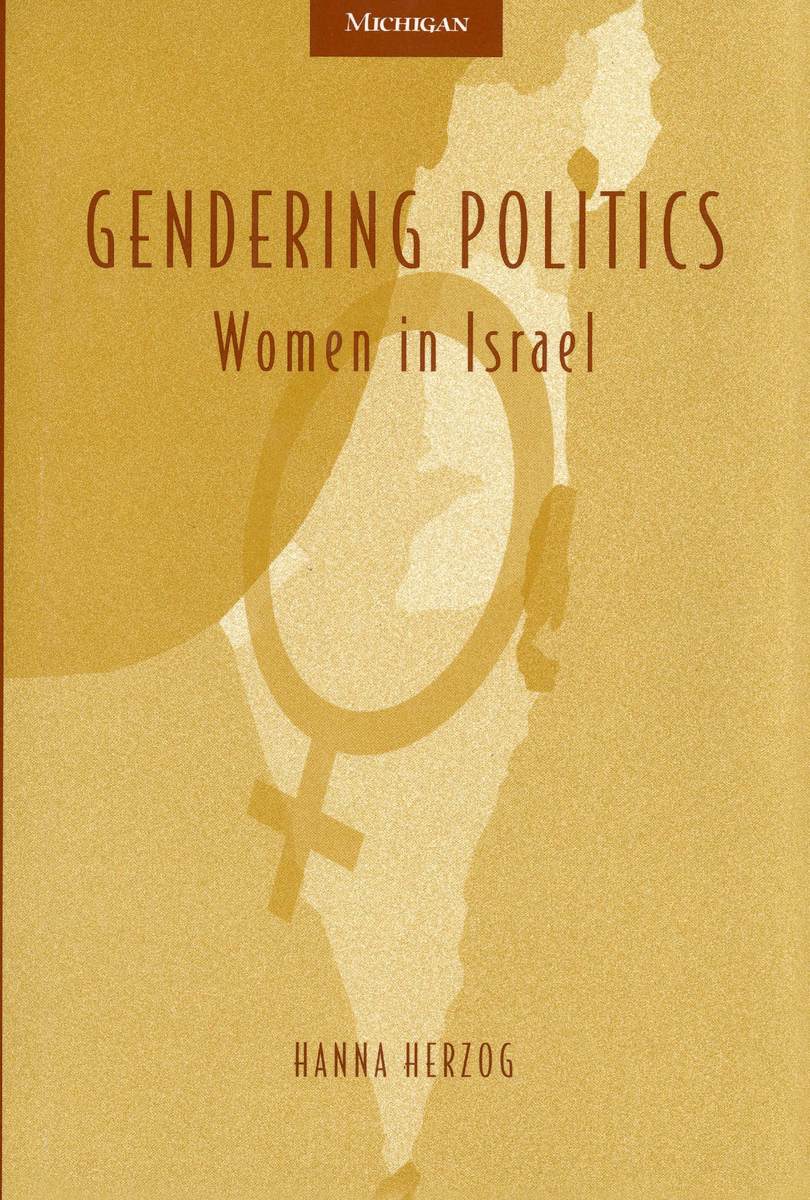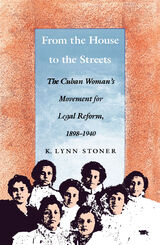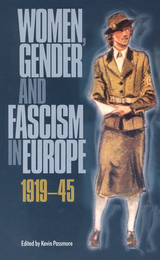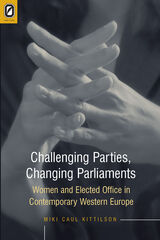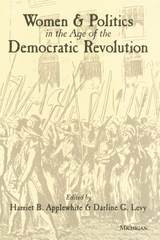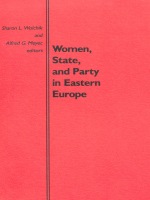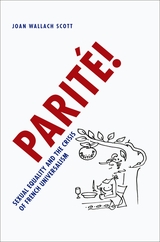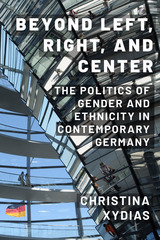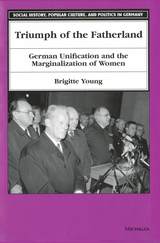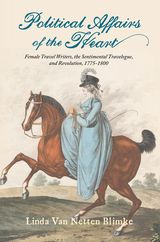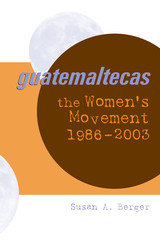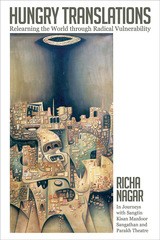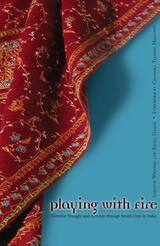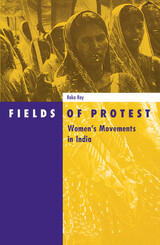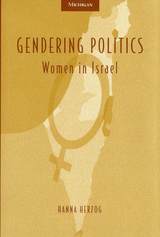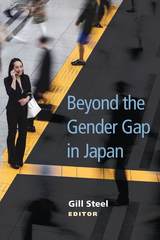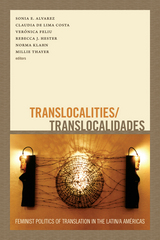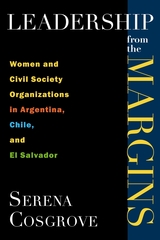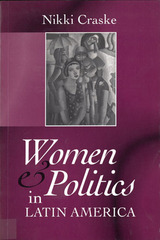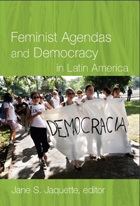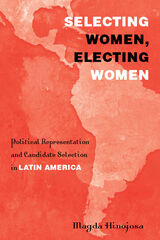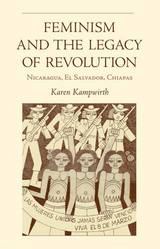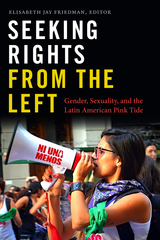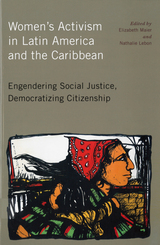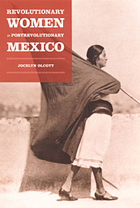Gendering Politics: Women in Israel
University of Michigan Press, 1999
eISBN: 978-0-472-02339-4 | Cloth: 978-0-472-10945-6
Library of Congress Classification HQ1236.5.I75H46 1999
Dewey Decimal Classification 320.082095694
eISBN: 978-0-472-02339-4 | Cloth: 978-0-472-10945-6
Library of Congress Classification HQ1236.5.I75H46 1999
Dewey Decimal Classification 320.082095694
ABOUT THIS BOOK | TOC | REQUEST ACCESSIBLE FILE
ABOUT THIS BOOK
What are the cultural and structural mechanisms that exclude women from politics in general and from local politics in particular? What meaning is ascribed to women's political activity?
Gendering Politics explores the place of women in democratic politics by means of a detailed study of women in Israeli politics who were elected to municipal councils from 1950 to 1989. Drawing from a variety of sources, including questionnaires, interviews, newspaper coverage, and existing statistical data, as well as examinations of studies of the role of women in politics in other democracies, Herzog analyzes the extent of success and failure of women in Israeli elections. She then explores reasons why female participation in Israeli politics has been relatively slight, despite historical precedents and social circumstances that would indicate otherwise.
The author examines the gendered bias of the power structure as it is shaped by basic cultural organizing principles. She exposes hidden assumptions--and notes the overt assumptions--which by definition exclude women from politics. The author also looks at the structure of opportunities within the prevailing political system, uncovering the relevant blocking and facilitating elements.
Gendering Politics will be of interest to students and scholars of women's studies, Israeli studies, political sociology, and political science.
Hanna Herzog is Associate Professor of Sociology, Tel Aviv University.
Gendering Politics explores the place of women in democratic politics by means of a detailed study of women in Israeli politics who were elected to municipal councils from 1950 to 1989. Drawing from a variety of sources, including questionnaires, interviews, newspaper coverage, and existing statistical data, as well as examinations of studies of the role of women in politics in other democracies, Herzog analyzes the extent of success and failure of women in Israeli elections. She then explores reasons why female participation in Israeli politics has been relatively slight, despite historical precedents and social circumstances that would indicate otherwise.
The author examines the gendered bias of the power structure as it is shaped by basic cultural organizing principles. She exposes hidden assumptions--and notes the overt assumptions--which by definition exclude women from politics. The author also looks at the structure of opportunities within the prevailing political system, uncovering the relevant blocking and facilitating elements.
Gendering Politics will be of interest to students and scholars of women's studies, Israeli studies, political sociology, and political science.
Hanna Herzog is Associate Professor of Sociology, Tel Aviv University.
See other books on: Herzog, Hanna | Israel | Local government | Political activity | Women's Studies
See other titles from University of Michigan Press
